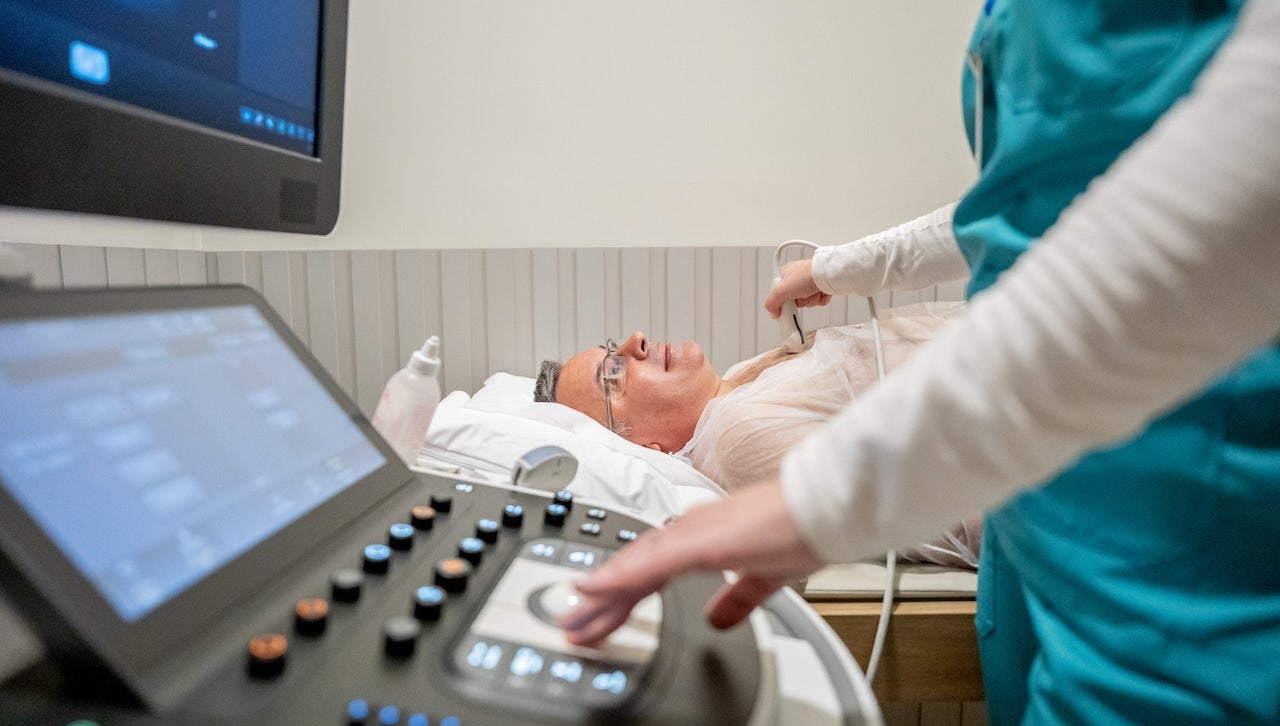Heart disease could be prevented with this one simple test

Heart disease remains the world’s leading cause of mortality, accounting for 32% of all deaths. However, individuals are not powerless against this condition. There are steps that can be taken to help reduce the risk of heart disease. In addition to adopting healthier lifestyle habits, experts recommend getting a specific screening known as the coronary artery calcium (CAC) score to detect early signs of heart disease.
What is the CAC score?
The CAC score is a specialized CT scan that measures calcium buildup in the walls of the heart’s arteries. According to board-certified cardiologist Dr. Robert Segal, founder of Manhattan Cardiology, this calcium buildup indicates the accumulation of plaque that can lead to heart disease. The higher the score, the greater the likelihood of a heart attack, stroke, or other cardiac issues.
A calcium score of zero indicates no coronary calcium and places the individual at a very low risk for heart disease. On the other hand, a score greater than 400 indicates a high risk of heart disease. The CAC score is obtained through a rapid, low-dose CT scan, with the results processed using specialized computer software to generate an Agatston score.
What to do with the CAC score
The result of the CAC scan can help individuals take charge of their cardiac conditions, even if they have no symptoms. A zero CAC score suggests maintaining good practices and monitoring risk variables, while a low score indicates mild plaque that can be managed through lifestyle changes like diet improvements, exercise, and cholesterol reduction. For those with an elevated calcium score, working with a doctor to reduce the risk, possibly through medications like statins, is recommended.
Individuals should discuss their CAC score with a cardiologist to determine the need for further testing. The CAC score is used in combination with other risk factors like cholesterol, blood pressure, and diabetes to identify who needs aggressive medical therapy for heart disease prevention.
Potential risks and limitations
The CAC scan is fast, noninvasive, and uses minimal radiation. However, it can only gauge current calcium levels and does not detect soft plaque. A zero CAC score does not imply zero risk, especially in cases of diabetes or smoking. The test is typically performed in radiology departments and requires no special preparation.
How to get the test
Individuals interested in getting a CAC score should consult a cardiologist, especially if they have risk factors like high cholesterol, high blood pressure, or a family history of heart disease. While there are no standardized guidelines for testing frequency, patients can discuss their individual risk with their primary care provider. Coverage for the CAC test varies based on insurance plans, with some considering it elective or investigational and therefore not covering the cost.
In conclusion, the CAC score is a valuable tool in identifying early signs of heart disease and guiding preventive measures. By taking proactive steps and getting regular screenings, individuals can better manage their heart health and reduce the risk of cardiovascular issues.




